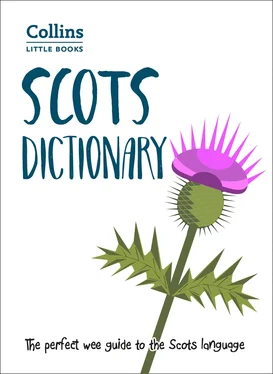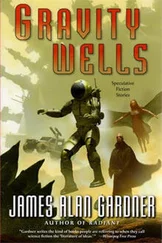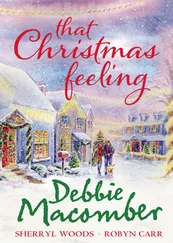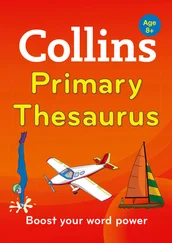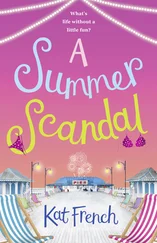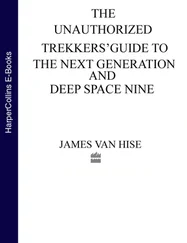caber(rhymes with labour ) A caberis a heavy section of trimmed tree trunk thrown in competition at Highland Games. The caber must be thrown so that it lands away from the thrower and on its heavy end. The sport of throwing cabers in competition is known as tossing the caber. [The word comes from Gaelic cabar a pole]
caddis Caddisis a Northeastern word for fluff, especially the kind which accumulates under a bed.
cadgerA cadgeris a person who travels from place to place buying and selling goods, especially fish. A cadgeris also a carrier of goods.
cadie(rhymes with lady ) In Central Scotland, a man’s flat cap is sometimes referred to as a cadie.
cahoutchieor cahoochy( ka-hootch-ee ) Cahoutchieis an old-fashioned word for rubber: a cahoutchie ball. [The word is adapted from the French word for rubber caoutchouc ]
cailleach( kale-yaCH or kal-yaCH ) In North and West Scotland, a cailleachis an old woman: My memory of her is of a vague chain-smoking cailleach in eccentric garb and heavy henna. [The word is Gaelic]
cairt 1A cairtis a cart. 2A cairtis also a playing card.
cairtie( care-tee ) A cairtieis the name given in some areas to a child’s homemade vehicle constructed from pram wheels, wooden boxes, etc. Also called (elsewhere) bogie, geggie, hurlie,or piler.
Caithness( caith-ness ) Caithnessis a historic county at the extreme northeastern tip of the Scottish mainland. It is now part of the Highland council area.
Caledonia Caledoniais the poetic name for Scotland or the Highlands: Caledonia, stern and wild. Something which is Caledonianrelates to Scotland or the Scots: He failed to appreciate the nuances of Caledonian humour. [ Caledoniawas the Roman name for Northern Britain]
Caley(rhymes with rally ) The word Caledonian, when part of a place or other name, is often shortened to the informal Caley: D’ye go doon the Caley Road? Caleyor Caley Thistleis used as a nickname of the football club Inverness Caledonian Thistle: Caley Thistle were beaten by St Johnstone in the third round.
callIn Scotland’s Presbyterian churches, a callis an invitation to a clergyman by a congregation to become its minister: The minister of Scalpay Free Church in Harris has accepted a call to Toronto Free Church.
callant( kal-ant ) or callanA callantis a young man or a lad. [The word comes from the Dutch kalant customer, fellow]
caman( kam-an ) In shinty, the camanis the long stick with a curved head with which the players hit the ball. [The word is Gaelic]
camanachd( kam-an-aCH ) Camanachdis the Gaelic name for shintywhich is often used in connection with the sport. The Camanachd Associationis the game’s ruling body. The Camanachd Cupis the premier annual cup competition.
Campbeltown( kam-bell-town ) A Campbeltownwhisky is one produced around the town of Campbeltown at the southern end of Kintyre. The town was formerly one of the main Scottish distilling centres, although there are now only three working distilleries there.
camstairy
camstairy( kam-stair-ee ) or camsteerie( kam-steer-ee ) Camstairymeans quarrelsome, stubborn, or unruly.
canaryTo have a canaryis to throw a tantrum or have an emotional outburst: She’ll have a canary when she sees this mess.
CandlemasThe 2nd of February, Candlemas, is one of the four quarter days or term days in Scotland.
canna(rhymes with manna ) or cannae(rhymes with granny ) In many parts of Scotland, cannameans cannot: Ye canna park here ; I cannae be bothered.
canny Cannyhas a number of meanings the first of which, astute or cautious with money, is in general usage throughout Britain. Cannyalso means good or nice: bonnie wee thing, canny wee thing. Cannycan mean lucky or fortunate. In Scottish (and Northeast English) dialect, cannymeans rather or quite: I’ve been waiting a canny long while.
cantripor cantraipA cantripis a spell or magic charm: By some devilish cantrip slight, each in its cold hand held a light. To cast cantripsis to perform magic spells: A witch, that for sma’ price, can cast her cantraips, and give me advice. A cantripis also a playful trick or a sleight of hand.
capercailzieor capercaillie( cape-er-kale-yee or cap-er-kale-yee ) A capercailzieis a large European woodland grouse. In Scotland, it is found mainly in the eastern Highlands from Tayside to Easter Ross, although it may be found as far west as the Loch Lomond islands. It has a black plumage and the male has a fan-shaped tail. [The word comes from the Gaelic capull coille horse of the woods]
carnaptious( car-nap-shuss ) Carnaptiousis a word meaning grumpy, bad-tempered, or irritable: He’s a carnaptious auld devil! [The word comes from knap bite and the intensifier car- ]
carry-codeIn some areas of Scotland, a carry-codeis a ride on someone’s back and shoulders. Also called (elsewhere) backie, coal carry, coalie backie,or cuddyback.
carry-outor cairry-ootA person’s carry-outis the takeaway drink or food they have bought from a bar, off-licence, or restaurant: Let’s get a carry-out before the bar closes. A carry-outis also a restaurant from which takeaway food can be bought: There’s a good Chinese carry-out on the High Street.
carse(rhymes with farce ) A carseis an area of low-lying fertile land near a river. The word is often used in place names such as the Carse of Gowrie and the Carse of Stirling .
cateran( cat-er-an ) In the past, a cateranwas a bandit, robber, or mercenary of the Scottish Highlands. [The word comes from the Gaelic ceathairneach plunderer, and dates from the 14th century]
caulIn Southern Scotland, a caulis a weir or a dam.
cauld Cauldmeans cold: a wee dram to keep out the cauld ; It was awfy cauld this mornin.
cauldrife( cawl-drif ) Someone who is cauldrifeis prone to feeling the cold easily. Cauldrifealso means lifeless.
cauld-windIf bagpipesare described as cauld-wind, they are filled by bellows rather than by blowing.
Читать дальше
